The Vietnamese people in the past celebrated Tet for a long time, but the most important were the first three days of the year in order: the first day was for showing gratitude to the father and paternal relatives; the second day was for the mother and maternal relatives; the third day was for those who taught them.
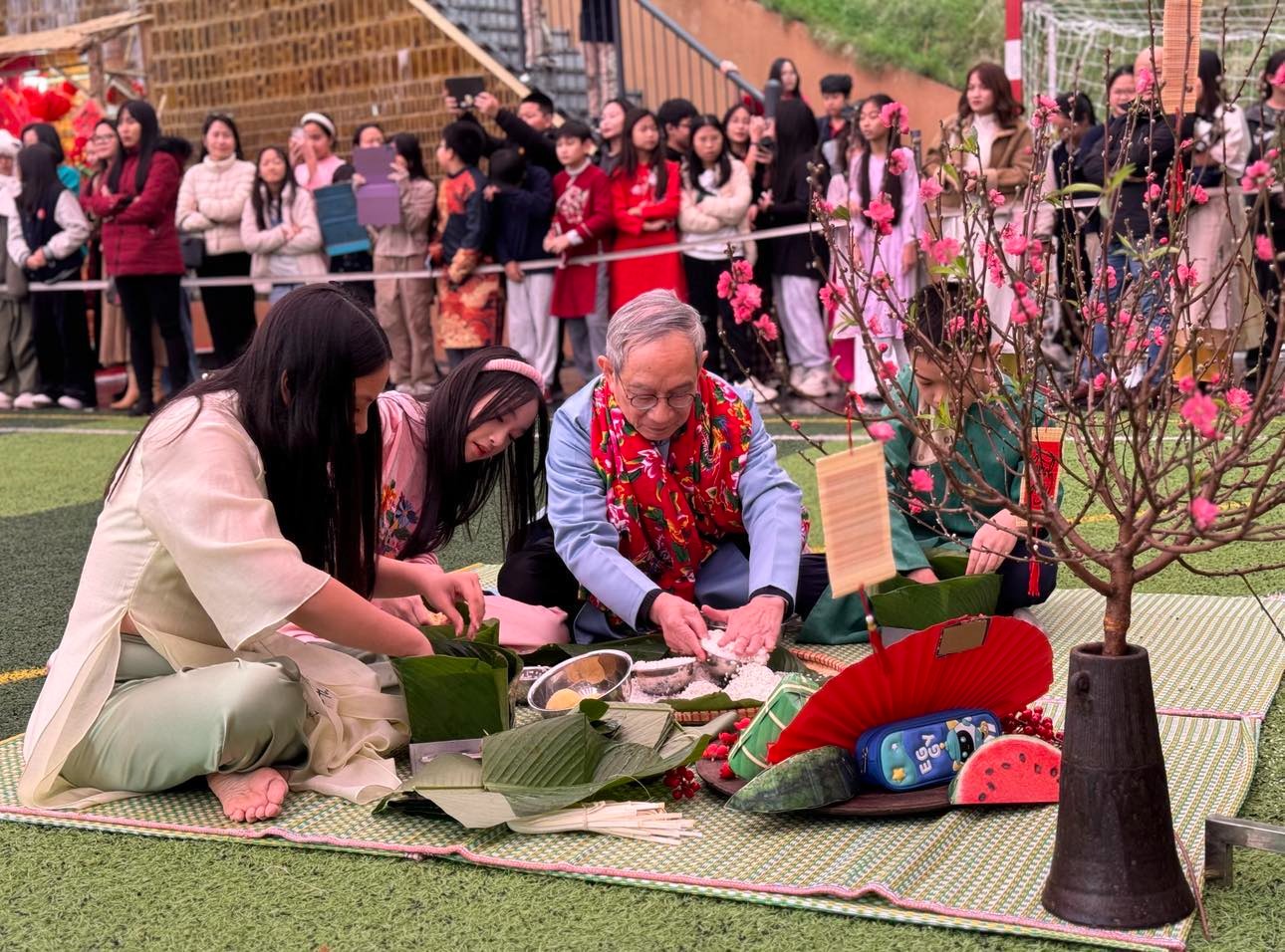
During the happy days of Tet, the image of teachers is still present in the minds of students. In the photo: Mr. Nguyen Xuan Khang, Principal of Marie Curie School (Hanoi), joins students in wrapping Chung cakes.
Due to the characteristics of rice cultivation, Southeast Asian people have a tradition of valuing women. The folk song "Father's merit is like Thai Son mountain/Mother's merit is like water flowing from the source/Wholeheartedly worship mother and respect father/To fulfill filial piety is the way of children" clearly shows this tradition of valuing women. Although father is mentioned first, he is considered as "merit" and compared to "mountain". Although mother is mentioned later, she is considered as "merit" and compared to "water". Merit can be repaid, and mountains will gradually erode away. Merit cannot be repaid, and water will become fuller over time. The third part shows a clear difference: mother is "worshiped", father is only "respected".
As for the order of priority between those who gave birth to you and those who taught you, it is reasonable to celebrate Teacher's Day on the third day. Many people say that this custom is influenced by Confucian education, but that is not entirely true. Because according to the Confucian social hierarchy, teachers are only after the king and above parents (King - Teacher - Father), not in the third position.
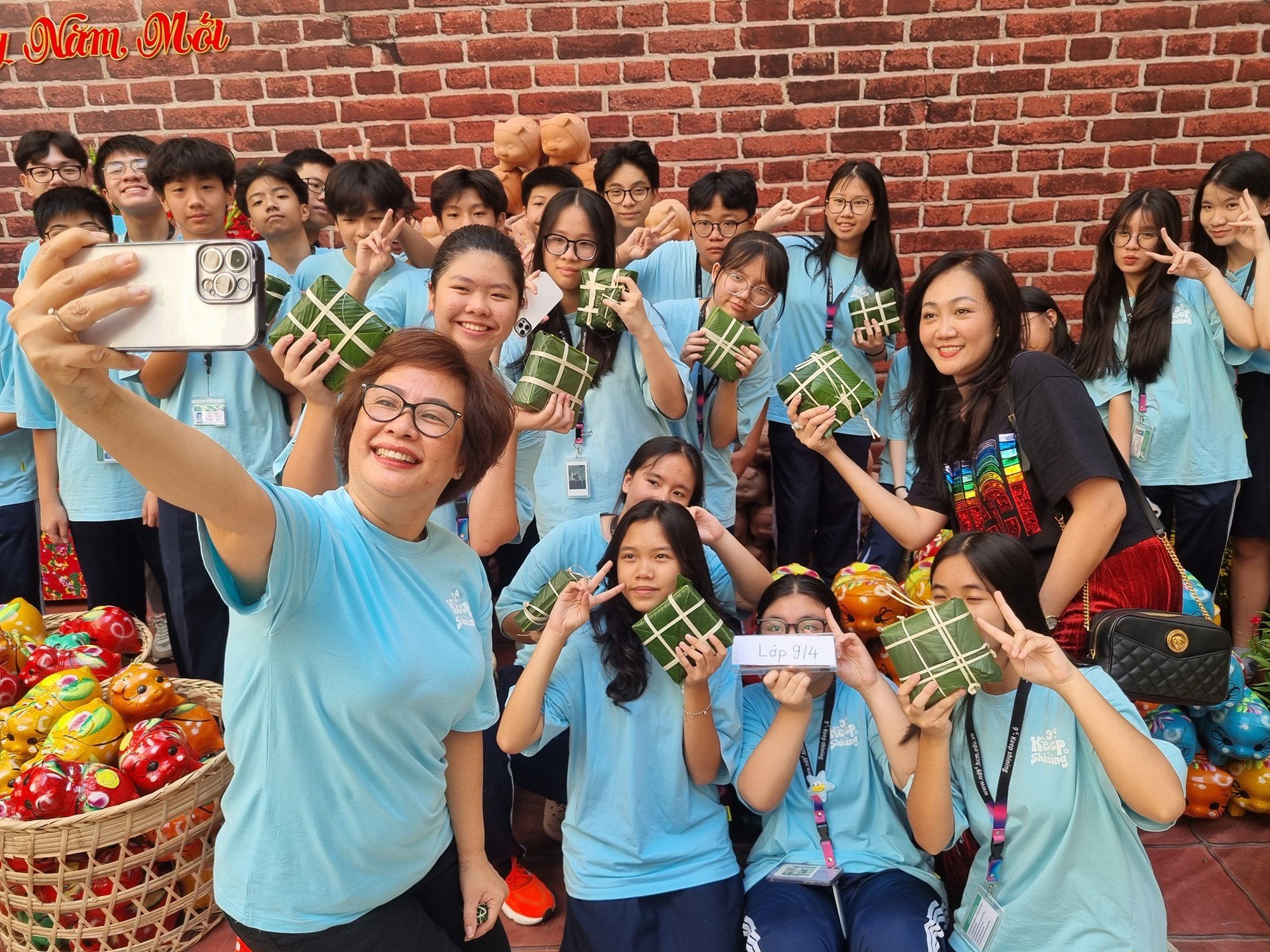
The form may change, but over the years, the teacher-student relationship is still preserved and developed by generations to suit the times.
PHOTO: DAO NGOC THACH
EXAMPLES OF RESPECTING TEACHERS
In Vietnam, the Confucian scholar Chu Van An of the Tran Dynasty taught very strictly, with a resolute and straightforward character. His students, whoever did something wrong, were severely reprimanded by him, and were not even allowed to meet him. Many high-ranking officials such as Pham Su Manh and Le Quat, when visiting him, had to stand with their arms crossed to talk to him. With the democratic sentiment of Vietnamese culture, such behavior can be considered too rigid. But the Chinese have a saying "Without strict rules, how can one be square and round?" Because he frankly submitted the Seven-Execution Memorial, which was not accepted by the king, he resigned from his position and went home to teach; thanks to his strict teaching, he trained many talented people for the country. Later generations considered him an exemplary teacher, the leader of the Confucian village; he is the only Vietnamese person to be worshiped in the Temple of Literature.
During the Le-Mac period, Trinh Nguyen Binh Khiem trained many famous students such as Phung Khac Khoan, Luong Huu Khanh, Nguyen Du... Despite his achievements and high positions, he still frequently visited Bach Van Temple to visit his teacher. When he heard that his teacher Luong Dac Bang had passed away, he traveled from Hai Duong to Thanh Hoa to visit and mourn his teacher for three years.
Binh Dinh martial artist Dinh Van Nhung was the martial arts teacher for the three Tay Son brothers and once donated a herd of horses and a lot of rice to the insurgents; but when Nguyen Nhac became king, he returned to his hometown and begged his teacher to accept his title, but he firmly refused and said half-jokingly, half-seriously: "You are the king of the whole world, but to me, you are still a descendant. It is not appropriate for descendants to bestow a title on their ancestors."

The tradition of respecting teachers is continued to be preserved by generations of students.
PHOTO: DAO NGOC THACH
During the Nguyen Dynasty, Phan Thanh Gian was a first-rank mandarin of the royal court, but every time he went on an inspection tour near his old teacher's hometown, he always stopped by to visit him. When his hammock was still far from his teacher's house, he got out and walked. King Ham Nghi, the leader of the Can Vuong movement, when captured by the French and taken away, refused to acknowledge himself as king, but when he saw his teacher's shadow in the crowd standing by the road, he bowed respectfully, accepting to reveal his true identity rather than being disrespectful to his teacher.
TEACHERS' TET IS IN THE HEART, THE BEAUTY OF CUSTOMS
In the story The First Teacher (an excerpt included in the Literature 7 book of the Knowledge Connection series and Literature 8 book of the Kite series), Kyrgyz writer Chinghiz Aitmatov tells the touching story of a war invalid named Duy-sen, who, although illiterate, was determined to return to his village to open a class. With all his passion, dedication and love for the children, teacher Duy-sen completely changed An-tu-nai's life, from an unfortunate orphan girl to a female academician of philosophy.
The story also shows that the teacher had to bravely overcome many challenges and difficulties both physically and mentally, and endure the ridicule and contempt of everyone to be able to teach successfully without thinking of repaying the favor. To show gratitude and contribute to spreading the teacher's passion and effectiveness in education, and to help less educated people understand the value of education, the student also needs to have the courage to overcome himself.
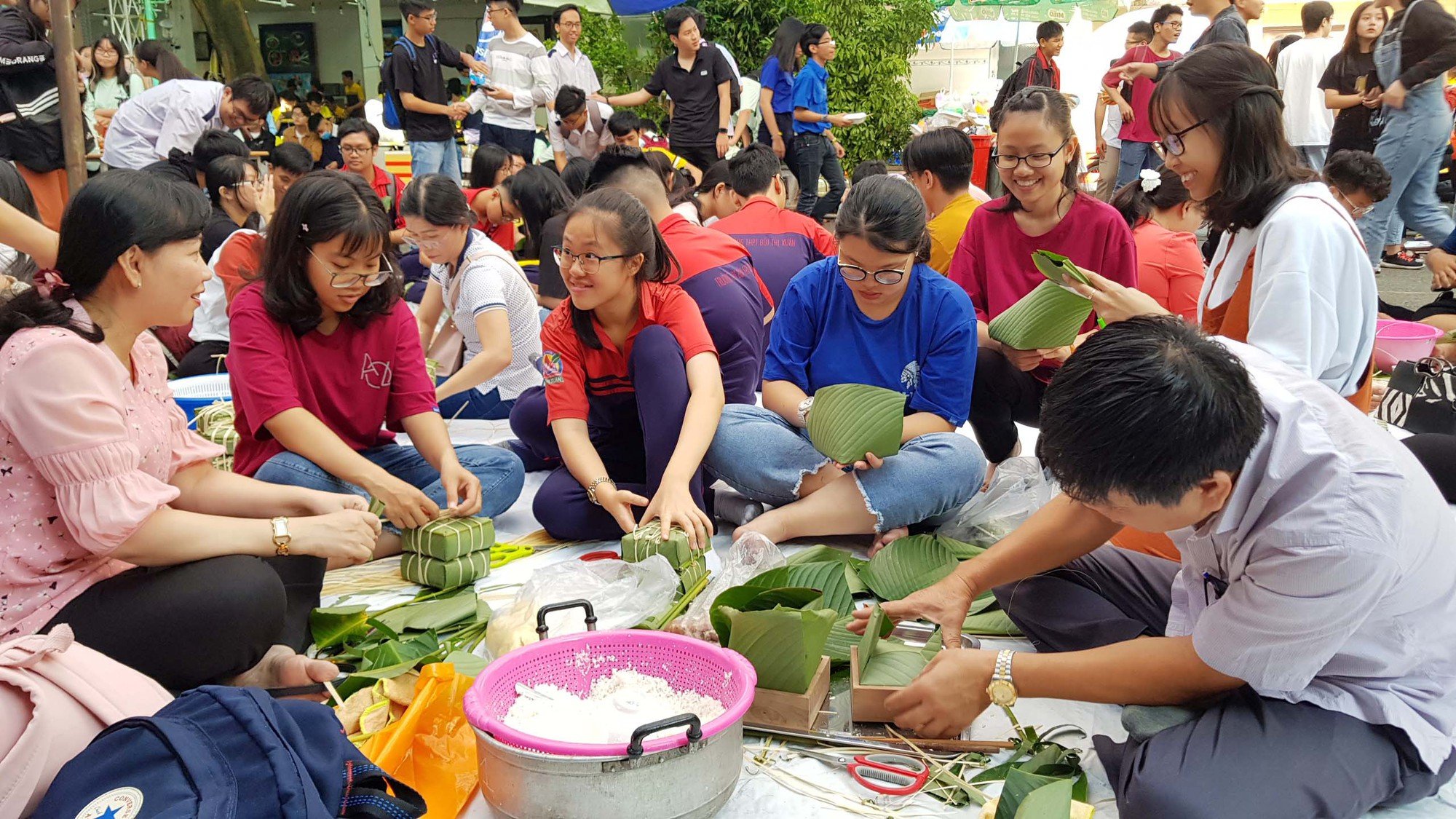
Making Chung cake, a spring activity in schools helps students better understand traditional Tet customs and practices, strengthening the relationship between teachers and students.
PHOTO: DAO NGOC THACH
In the past, there was no Teachers' Day on November 20th and teachers and students mostly lived in the same village, so "the third day of Tet for teachers" was a very convenient occasion, almost the only occasion, for teachers and students, friends to easily meet and talk in a friendly festive atmosphere, without being constrained by work or time. Nowadays, except for high school students in rural areas who can still maintain the custom of "the third day of Tet for teachers", university students and higher education students in urban areas with large social relationships, have limited time, so they take the opportunity to visit their teachers about a week before Tet, so that during the Tet holidays they can return to their hometowns to visit their parents and grandparents. During the Tet holidays, they will flexibly text and call to visit and wish their teachers a happy new year. Thus, the happy days of Tet still have the image of teachers in the minds of students.
Tet for teachers is all about the heart, the beauty of the custom of "the third day of Tet for teachers" in many different forms is still being preserved by generations.
Source: https://thanhnien.vn/mung-ba-tet-thay-va-dao-thay-tro-185250106171146134.htm


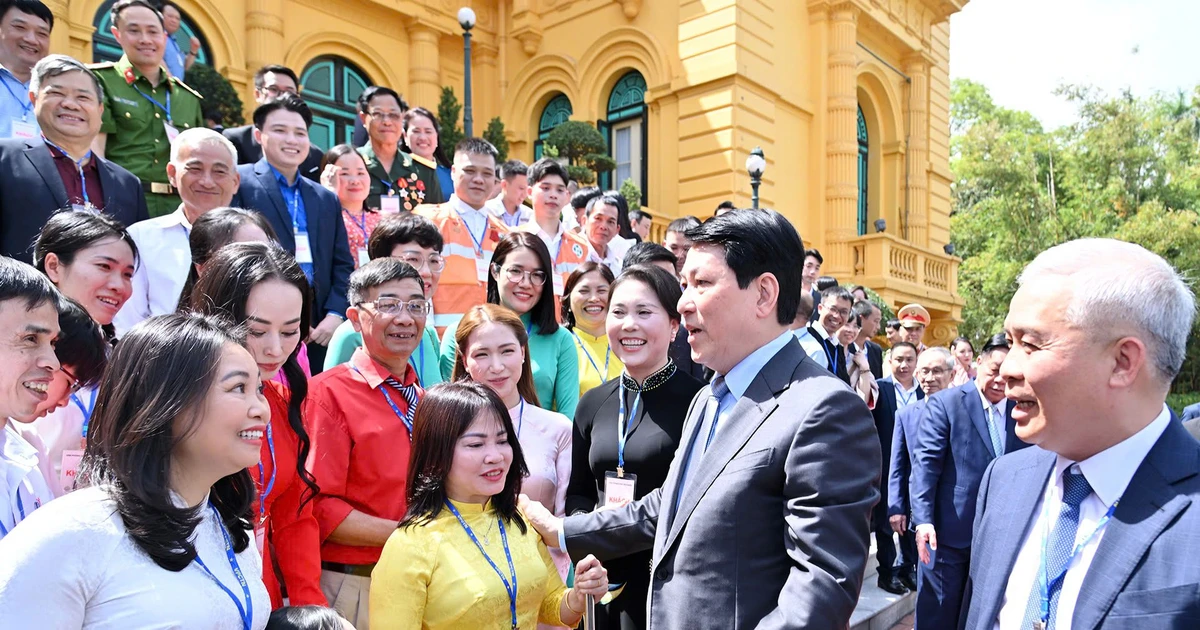
![[Photo] President Luong Cuong receives Ethiopian Prime Minister Abiy Ahmed Ali](https://vstatic.vietnam.vn/vietnam/resource/IMAGE/2025/4/16/504685cac833417284c88a786739119c)
![[Photo] National Assembly Chairman Tran Thanh Man meets with Ethiopian Prime Minister Abiy Ahmed Ali](https://vstatic.vietnam.vn/vietnam/resource/IMAGE/2025/4/16/c196dbc1755d46e4ae7b506c5c15be55)
![[Photo] Prime Minister Pham Minh Chinh receives Cambodian Deputy Prime Minister Neth Savoeun](https://vstatic.vietnam.vn/vietnam/resource/IMAGE/2025/4/16/e3dc78ec4b844a7385f6984f1df10e7b)
![[Photo] President Luong Cuong meets 100 typical examples of the Deeds of Kindness Program](https://vstatic.vietnam.vn/vietnam/resource/IMAGE/2025/4/16/ce8300edfa7e4afbb3d6da8f2172d580)
![[Photo] Opening of the Exhibition on Green Growth](https://vstatic.vietnam.vn/vietnam/resource/IMAGE/2025/4/16/253372a4bb6e4138b6f308bc5c63fd51)
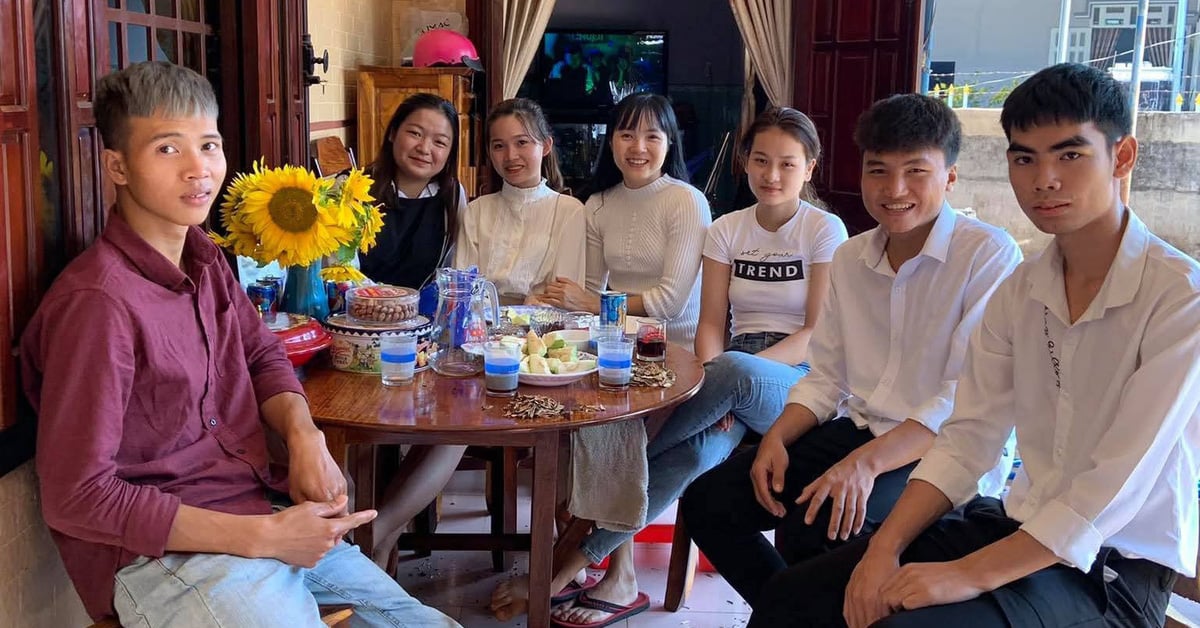

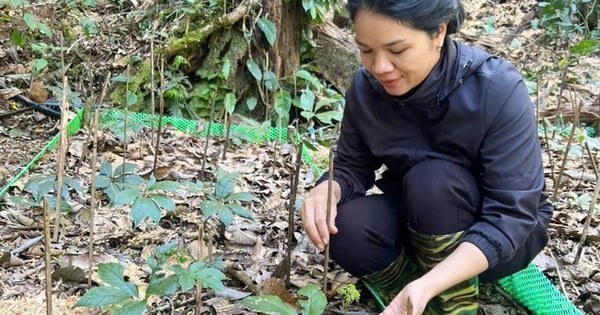

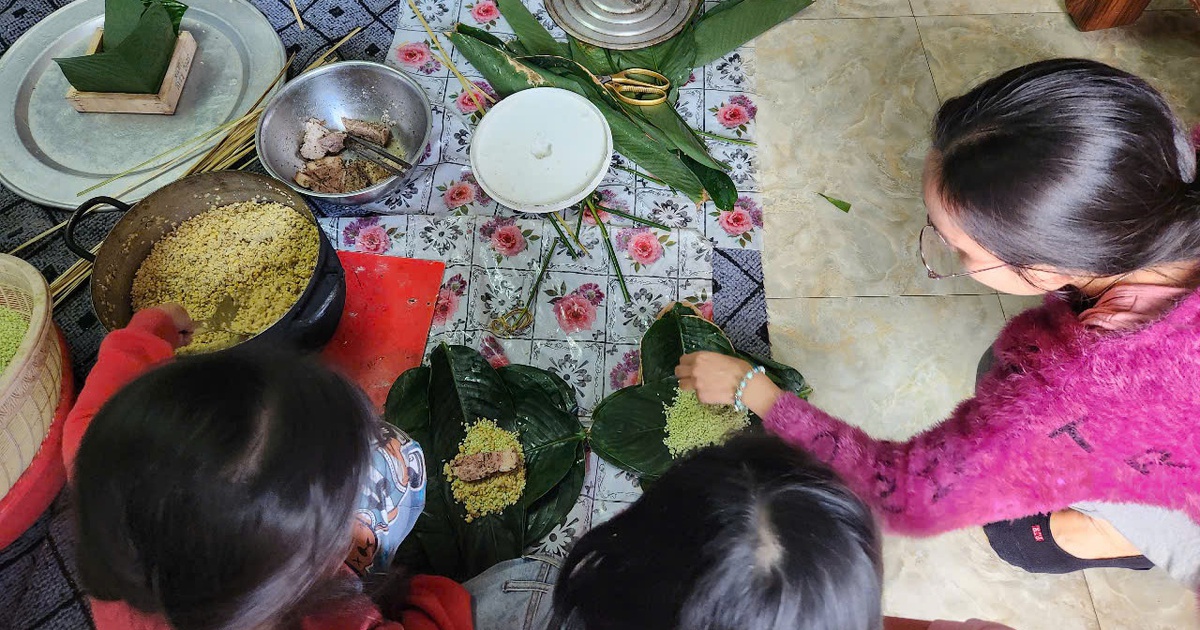
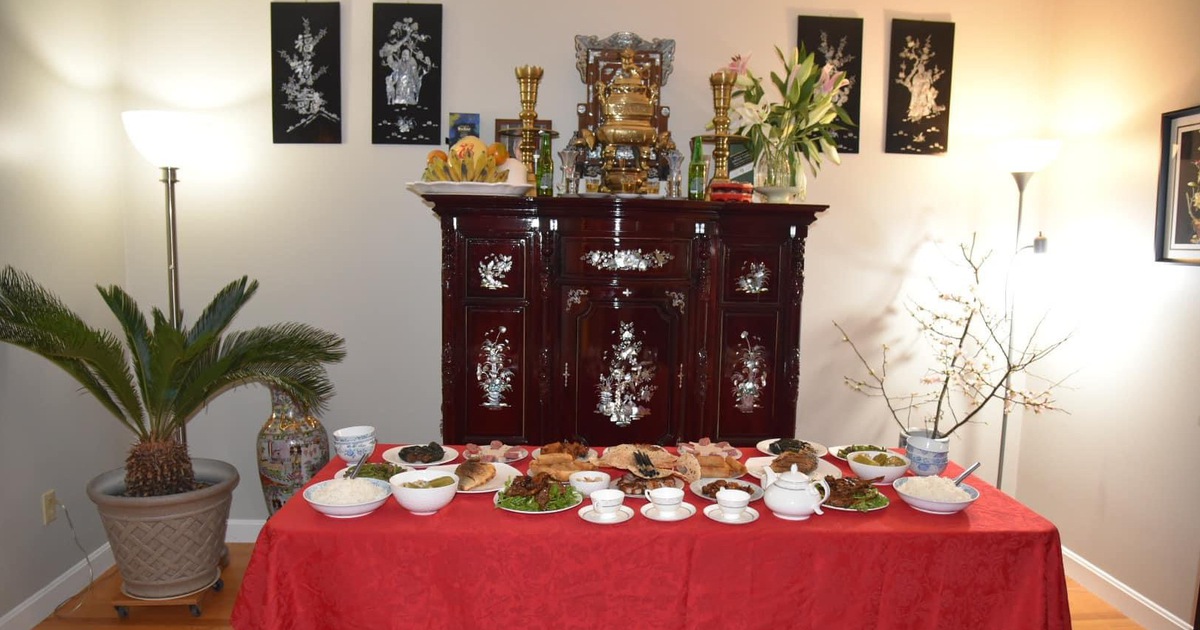
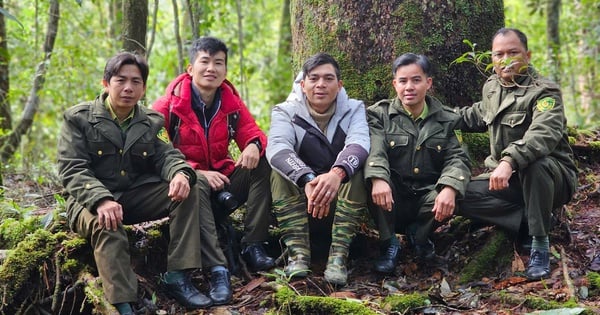



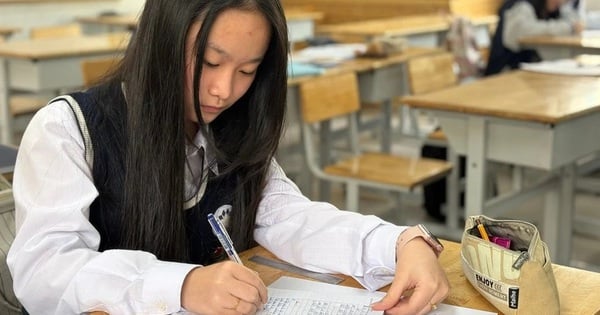








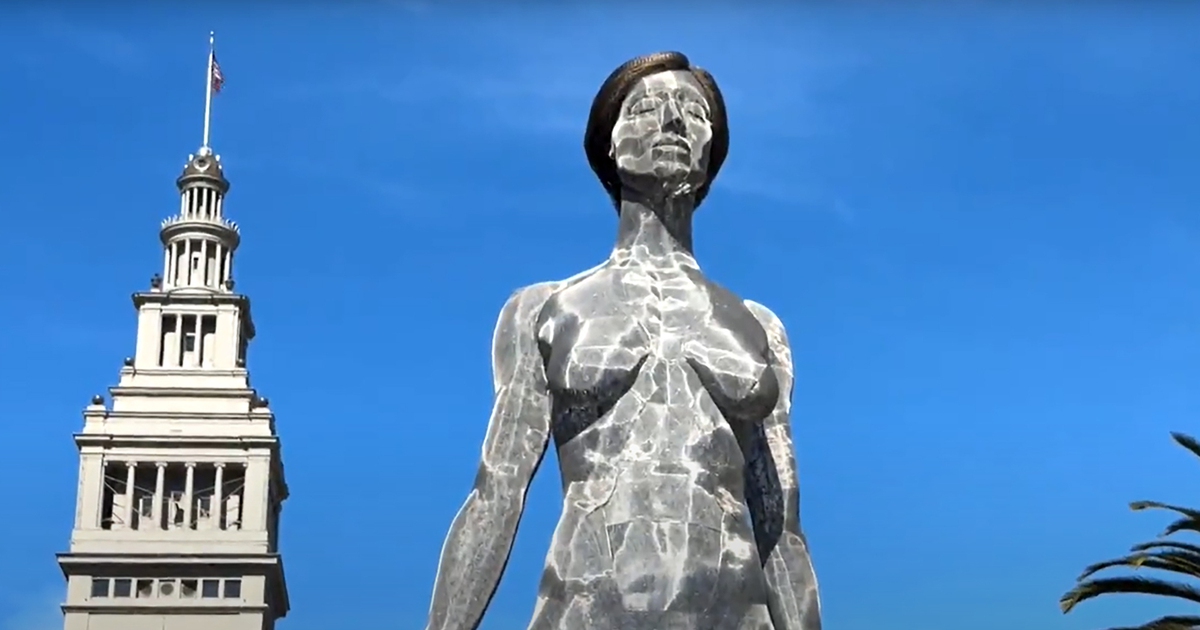
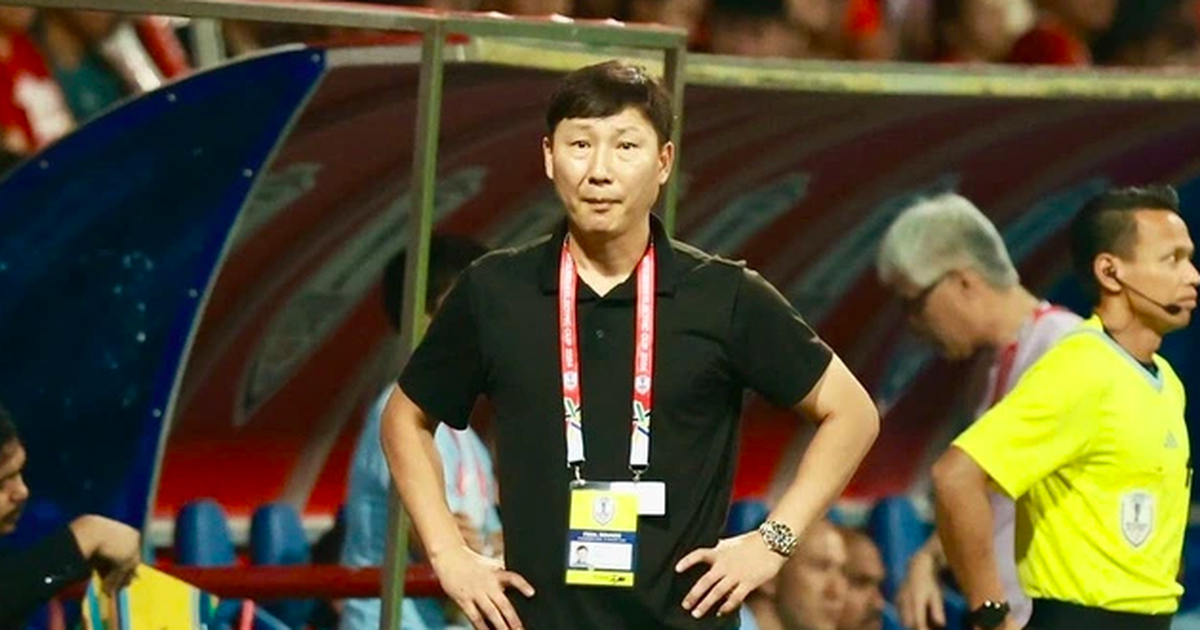

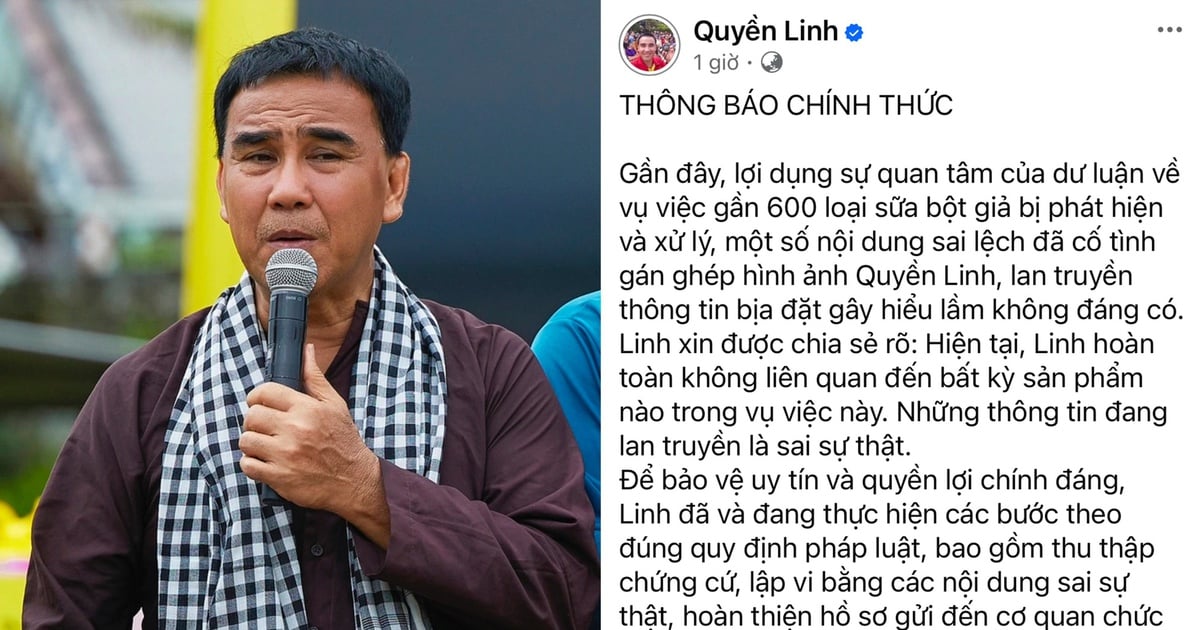
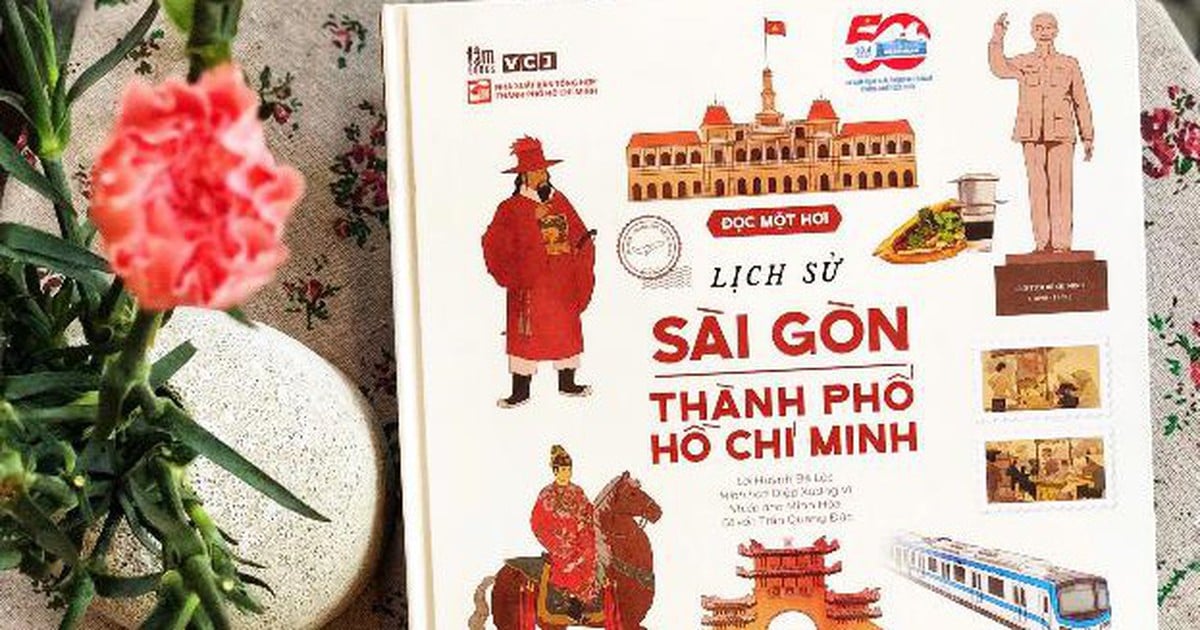


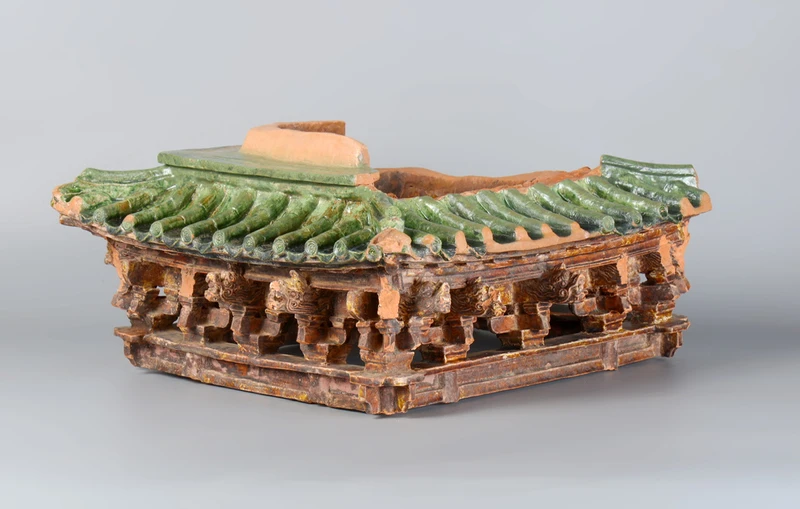



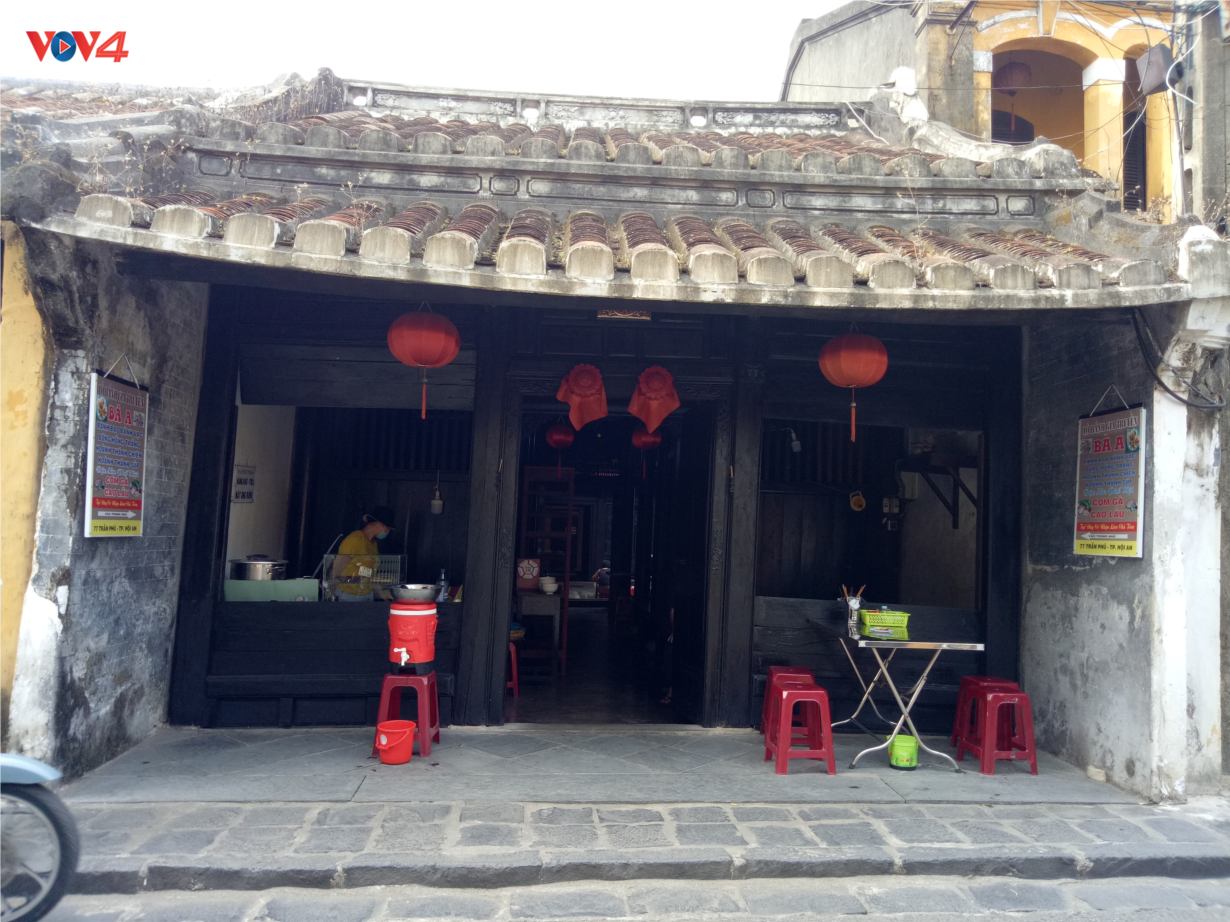







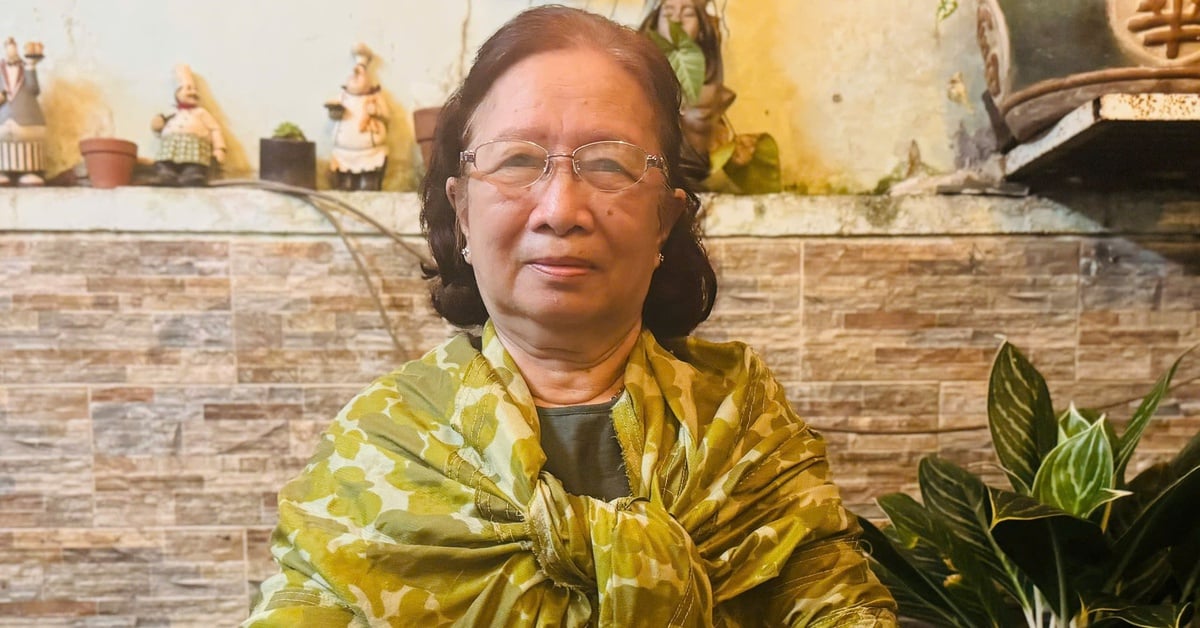
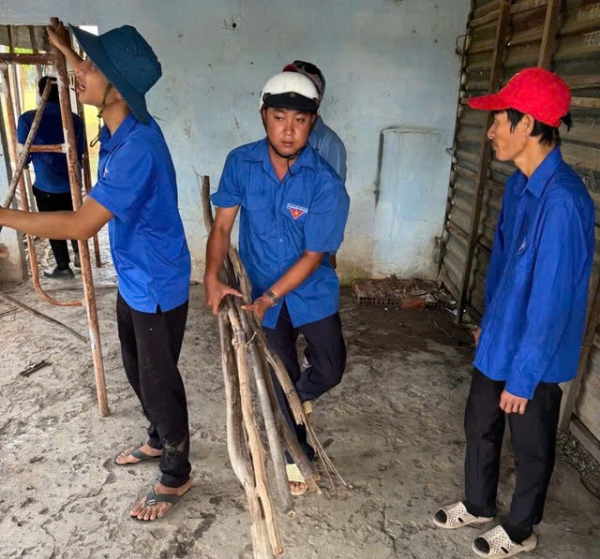
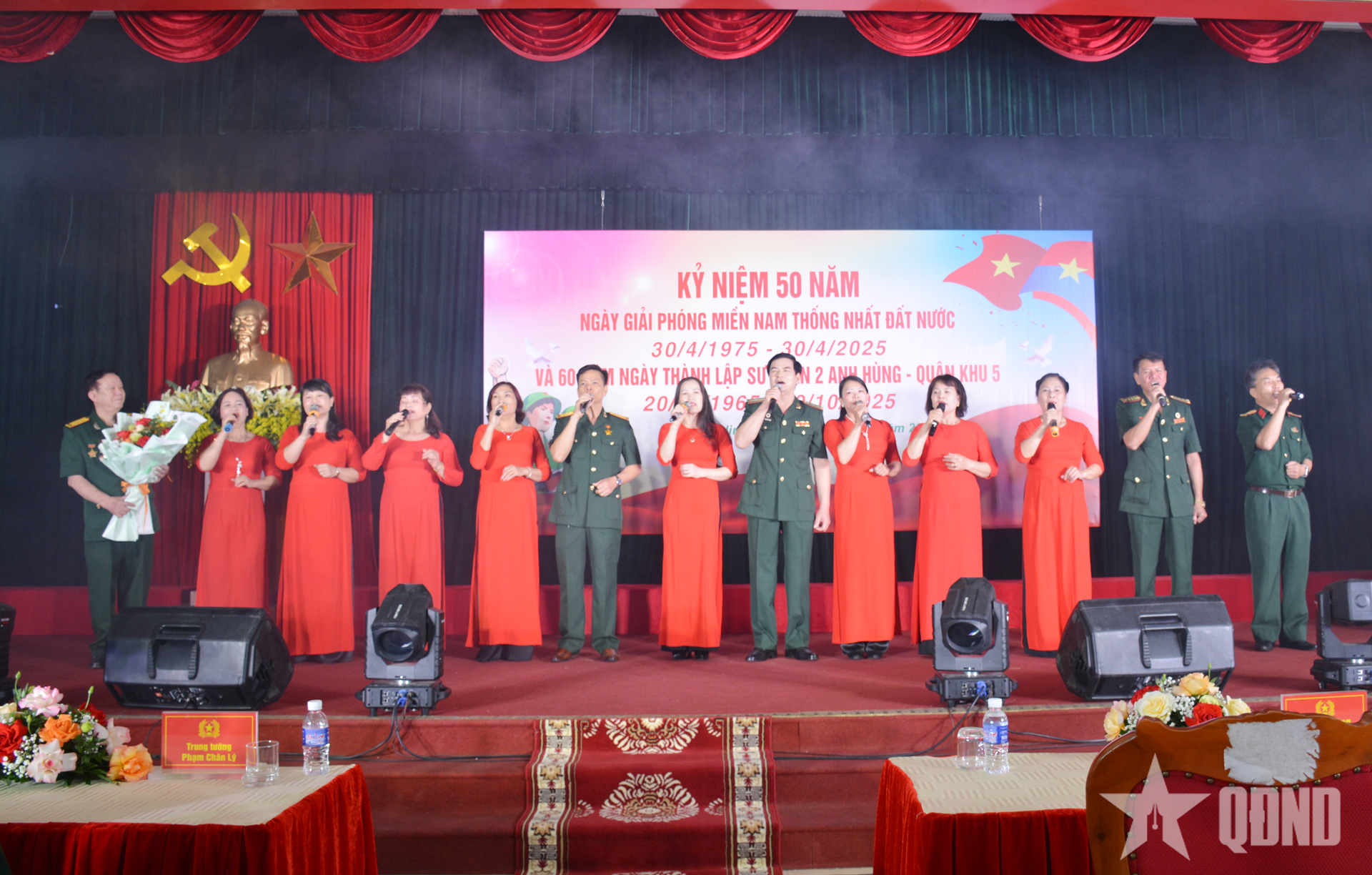

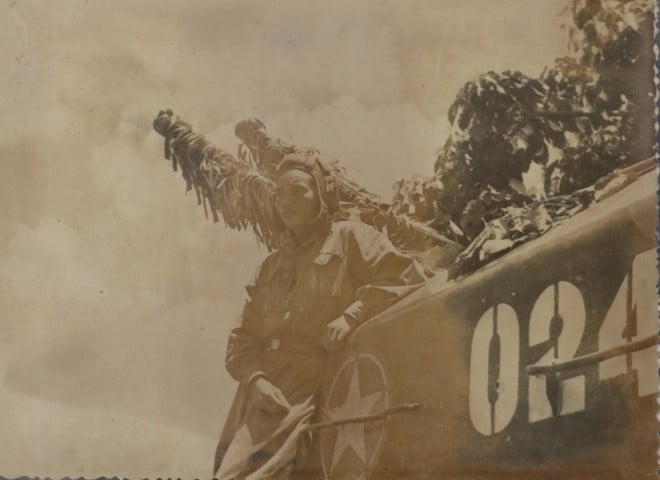


















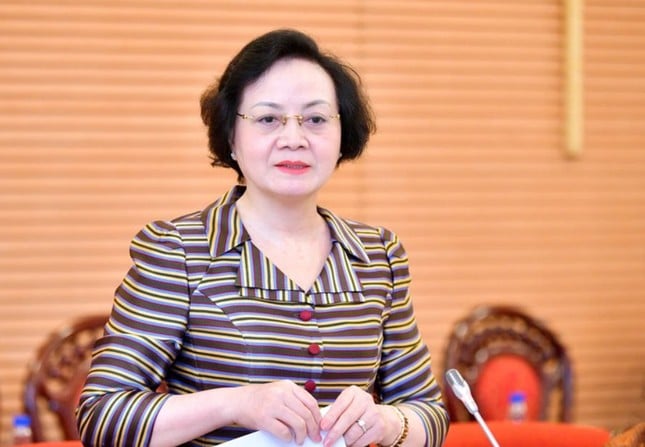

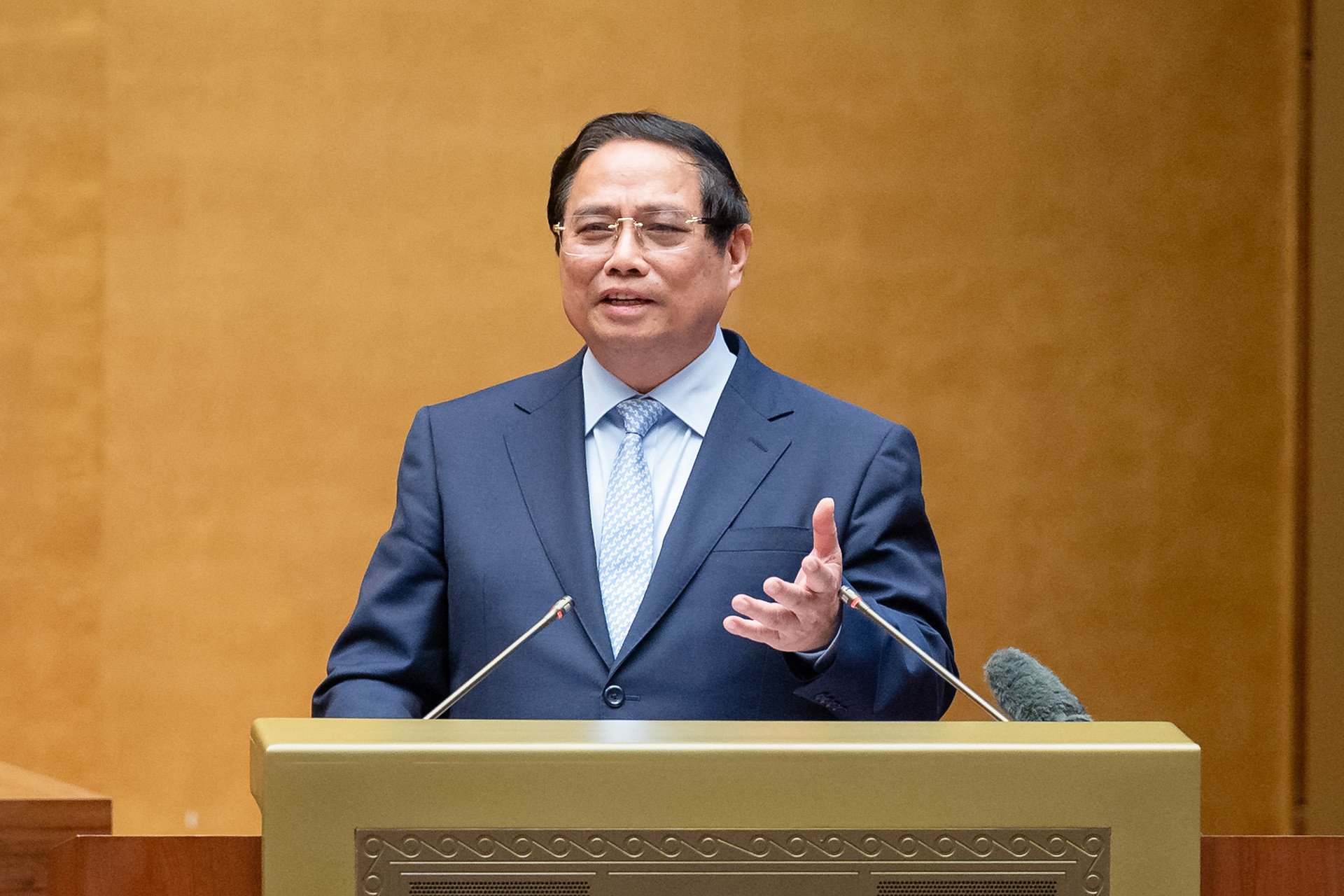

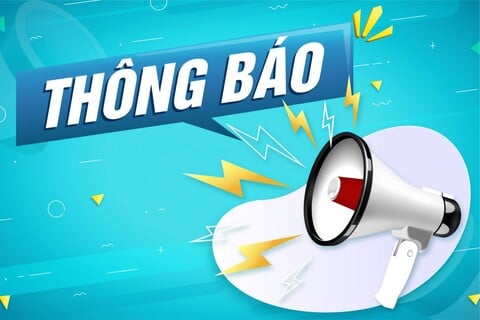





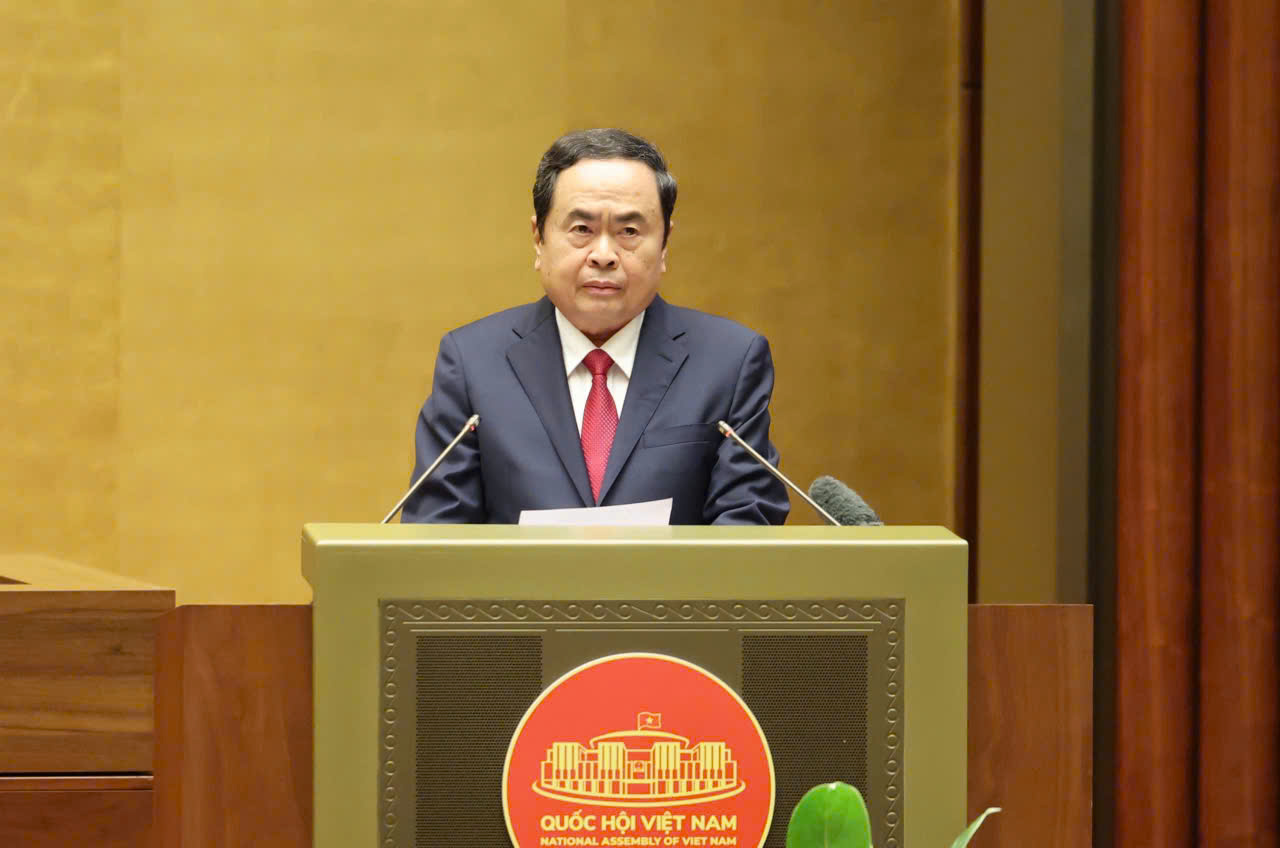



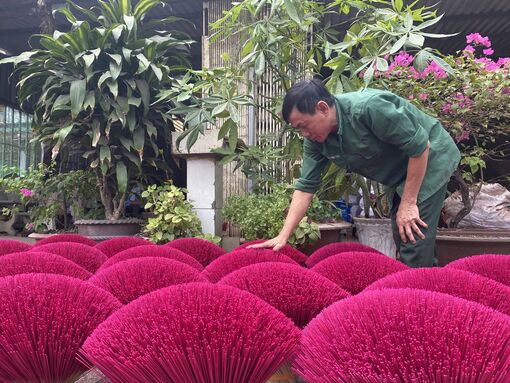


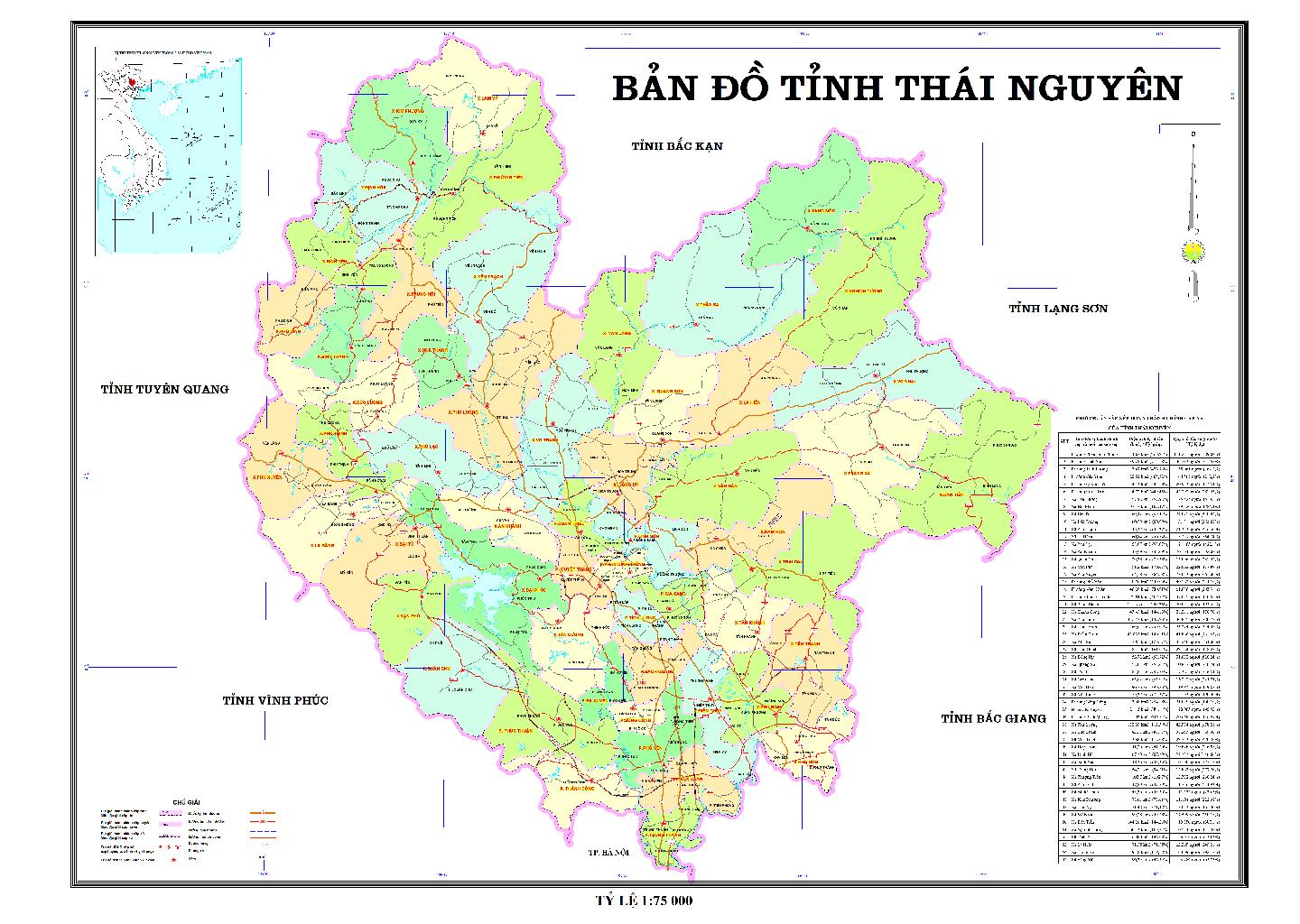












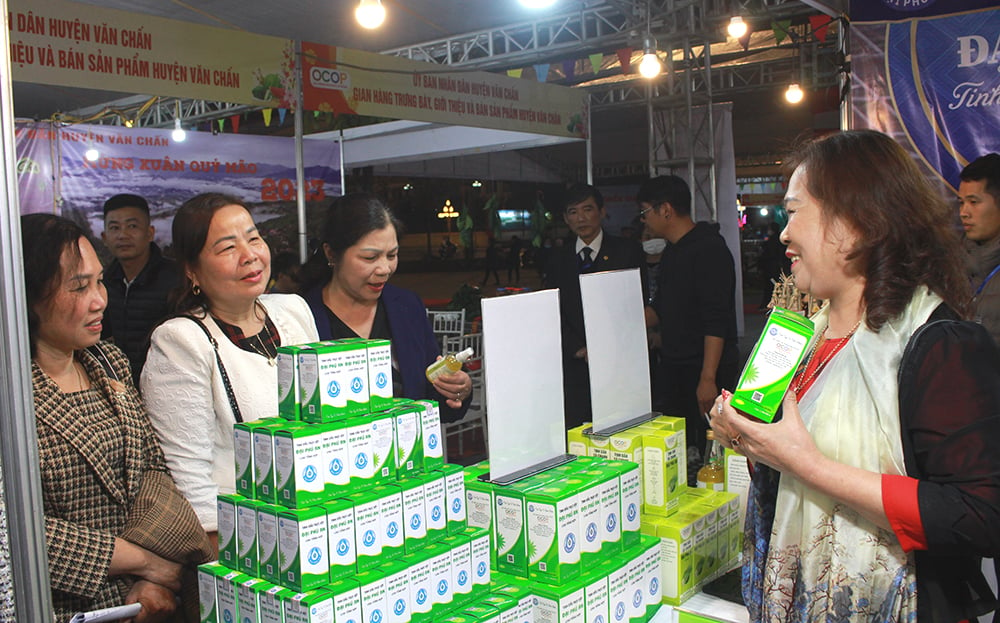

Comment (0)